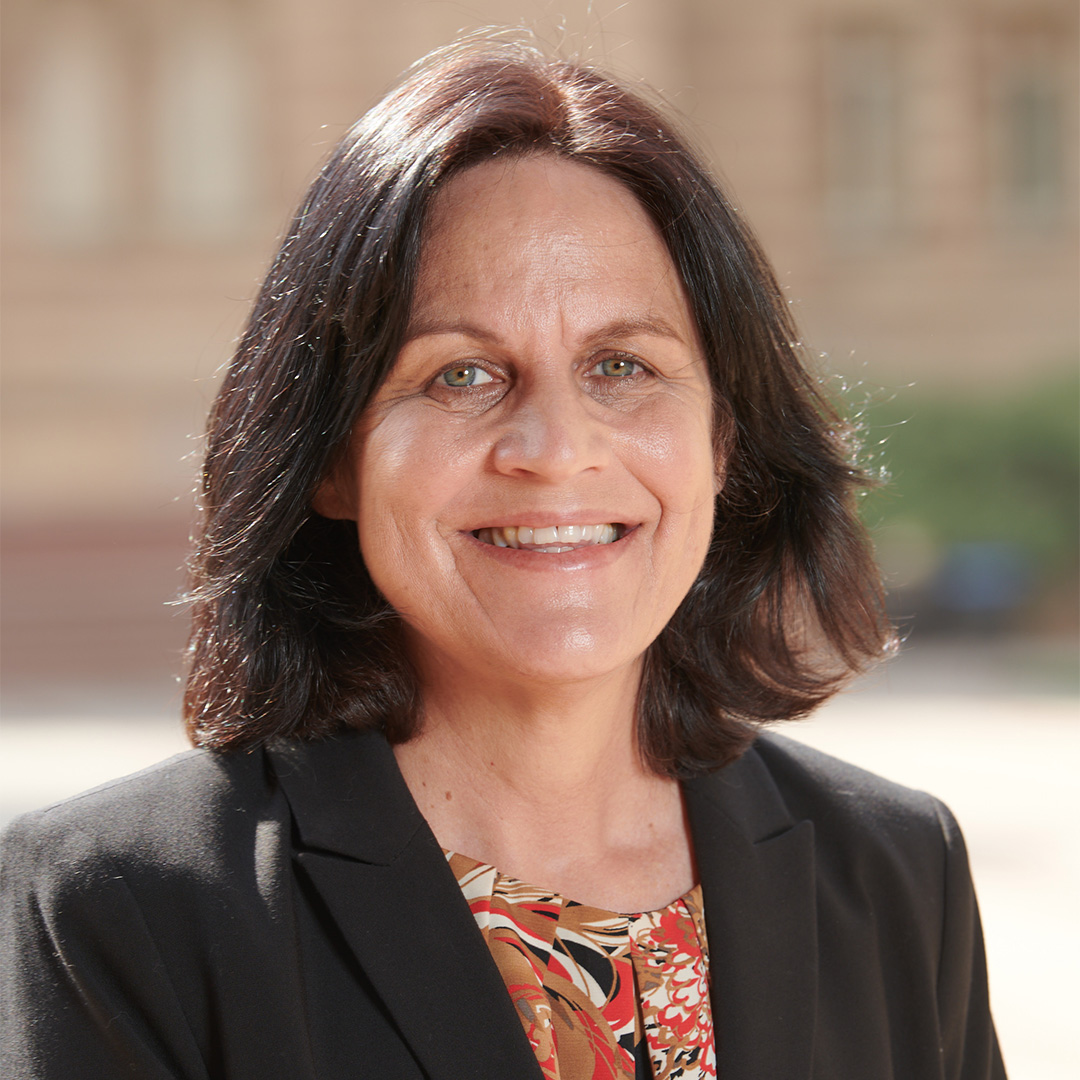
Patricia Lester, MD
Leadership Team
Dr. Patricia Lester is the Jane and Marc Nathanson Professor of Psychiatry at the UCLA Semel Institute for Neuroscience and Human Behavior and David Geffen School of Medicine. She serves as the Vice Chair for Community Engagement, Director of the Division of Population Behavioral Health, Director of the Nathanson Family Resilience Center, Co-Director of the Center for Child Anxiety Resilience Education and Support, and part of the leadership team for the Pritzker Center for Strengthening Children and Families. She also serves as the Director of the Los Angeles County Department of Mental Health + UCLA Public Partnership for Wellbeing.
A board certified child and adolescent psychiatrist, Dr. Lester’s research, administrative and clinical work have been dedicated to the development, evaluation, and implementation of family centered prevention and treatment for families and children facing trauma and adversity within community ecosystems and service settings. She co-developed the family-centered preventive intervention FOCUS (Families OverComing Under Stress) which was designed to promote resilience and mitigate stress in families facing adversity, trauma and loss. Over the last 12 years, she has led the successful large-scale implementation of FOCUS as a public health continuum of preventive services to support military families facing deployments and other transitions for the Department of Defense, which has served over 1 million people.
In Los Angeles County, Dr. Lester oversees a prevention learning management system (learn.wellbeing4LA.org) focused on the implementation of trauma and resilience informed practice across large systems of care. She also advises on the needs of military-connected children and families across military, university and non-profit agencies. She is currently a Co-Principal investigator NIMH R01 study to evaluate the longitudinal impact of adverse childhood events related to parental military service during early childhood on adolescent outcomes. Her work has been supported by the Department of Defense, the US Department of Navy Bureau of Medicine and Surgery, National Institute for Mental Health, and the National Institute of Child Health and Human Development.
